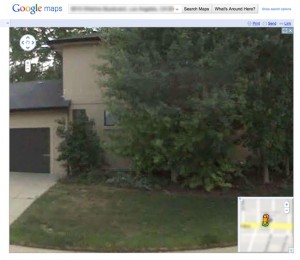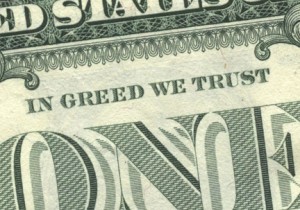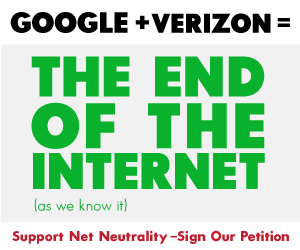Google agreed to pay a $22.5 million penalty — the largest ever levied by the Federal Trade Commission — to settle charges that it failed to honor the privacy settings of millions of people who use Apple’s Safari Web browser, regulators said Thursday.
News Clipping
FTC: $22.5 Million Penalty Sends Message To Google









